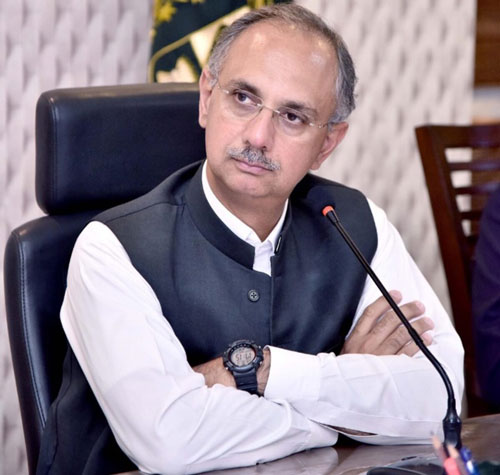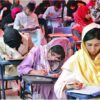Pakistan Tehreek-e-Insaf (PTI) leader Omar Ayub has stated that former army chief General Qamar Javed Bajwa advocated initiating peace talks with the banned Tehreek-e-Taliban Pakistan (TTP). Ayub’s comments come as the military criticized the PTI-led government for decisions made in 2021, alleging they contributed to a resurgence in terrorism.
Inter-Services Public Relations (ISPR) Director General Lt Gen Ahmed Sharif Chaudhry recently asserted that security forces are “paying in blood” for the dialogue and reintegration efforts with TTP under the previous government, labeling the group as Fitna Al Khawarij.
In response, Omar Ayub countered the claims, saying, “General Bajwa himself argued during a National Security Committee meeting in 2021 that all conflicts eventually end through negotiations.” He highlighted that the meeting was attended by leaders from PTI, Pakistan Muslim League-Nawaz (PML-N), Pakistan Peoples Party (PPP), and other political parties.
Ayub criticized the ISPR DG, alleging he repeated outdated accusations against PTI and likened the situation to a speech blunder once made by Russia’s President Yeltsin.
During a media briefing, Lt Gen Chaudhry questioned who enabled the TTP’s resurgence through dialogue when its influence had been significantly diminished by 2021. He emphasized that addressing terrorism requires prioritizing public safety over political agendas.
Separately, PTI leader Asad Qaiser expressed concern about escalating tensions with Afghanistan. He advocated resolving disputes through dialogue and proposed forming a jirga of Khyber Pakhtunkhwa political leaders to address the matter. “Pakistan and Afghanistan share religious and historical ties. Both nations must prioritize peace over aggression,” he remarked.
PTI Information Secretary Sheikh Waqas Akram also urged for introspection, calling on the state to uphold justice and avoid labeling critics as anti-state. He stressed the need for decisions free from bias and noted that peaceful protests are a constitutional right.
Akram warned against suppressing dissent, stating that such actions escalate unrest and undermine democracy. He criticized recent government actions, including invoking Article 245, blocking protest routes, and detaining PTI workers arbitrarily.
He concluded by emphasizing that citizens engaging in discussions on media and social platforms should not be treated as adversaries.










